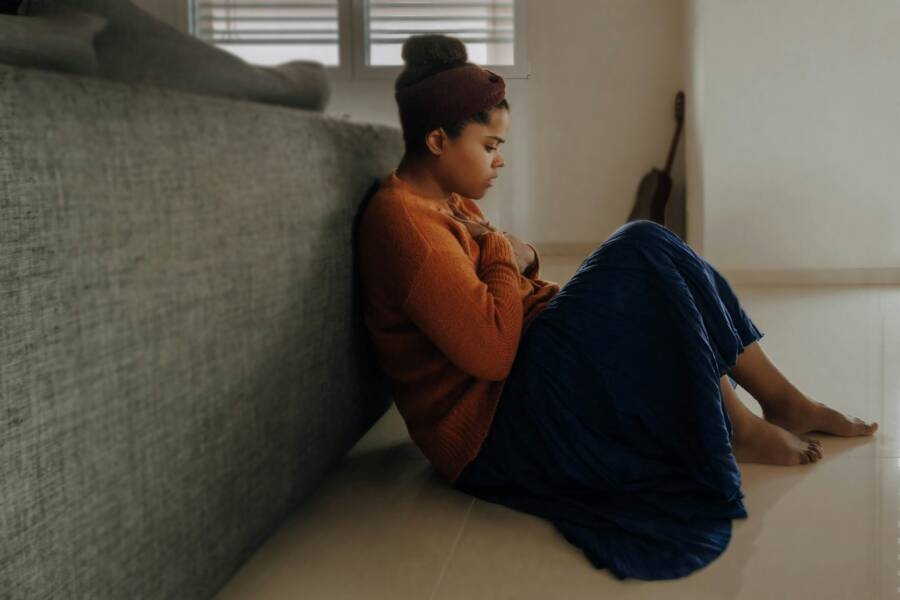Anxiety has become a growing concern in our society. The rush of everyday life, excess information and uncertainty are some of the factors that contribute to the increase in this problem. However, technology, often seen as the villain in this scenario, can be a great ally in managing and reducing anxiety. Check out how different technological tools help millions of people find emotional balance and improve their quality of life.

Meditation and Mindfulness Apps
Apps like Calm, Headspace and Insight Timer have become popular as solutions to reduce anxiety. These platforms offer a variety of guided practices, from quick five-minute meditations to longer sessions, that help users disconnect from daily stress and reconnect with the present moment. Regular mindfulness practice can significantly lower levels of the stress hormone cortisol, promoting a sense of calm and well-being.
Online therapy
Online therapy is another facility that has transformed the way we deal with mental health. Specific platforms or simply having the professional’s contact and using technology to facilitate this meeting on a video call, for example, can help a lot. This flexibility allows people to seek professional help without traditional barriers, such as lack of time or mobility difficulties.

Wearables
This tip is less popular, I admit. Wearable devices like the Apple Watch, Fitbit and other smartwatches are equipped with sensors that monitor vital signs, including heart rate and activity levels. Through this data, users can receive alerts about changes in their physiological states that may indicate stress or anxiety.
Virtual reality
Virtual reality has shown to be a promising tool in the treatment of anxiety disorders. VR-based therapies, such as virtual exposure, are used to treat specific phobias, social anxiety, and post-traumatic stress disorder (PTSD). By exposing patients to anxiety-triggering situations in a controlled, safe environment, therapists can help individuals develop coping skills and gradual desensitization.
Online communities and social networks
While social media can increase anxiety, there are also online communities dedicated to mutual support and mental well-being. Forums, Facebook groups and other platforms have become spaces where people share their experiences, exchange advice and find emotional support. These communities can be especially helpful for those who feel isolated or don’t have access to mental health resources in their locality.
In other words, technology, when used in a conscious and balanced way, can be an improvement in combating anxiety.

Ingrid Maldine is a business writer, editor and management consultant with extensive experience writing and consulting for both start-ups and long established companies. She has ten years management and leadership experience gained at BSkyB in London and Viva Travel Guides in Quito, Ecuador, giving her a depth of insight into innovation in international business. With an MBA from the University of Hull and many years of experience running her own business consultancy, Ingrid’s background allows her to connect with a diverse range of clients, including cutting edge technology and web-based start-ups but also multinationals in need of assistance. Ingrid has played a defining role in shaping organizational strategy for a wide range of different organizations, including for-profit, NGOs and charities. Ingrid has also served on the Board of Directors for the South American Explorers Club in Quito, Ecuador.







